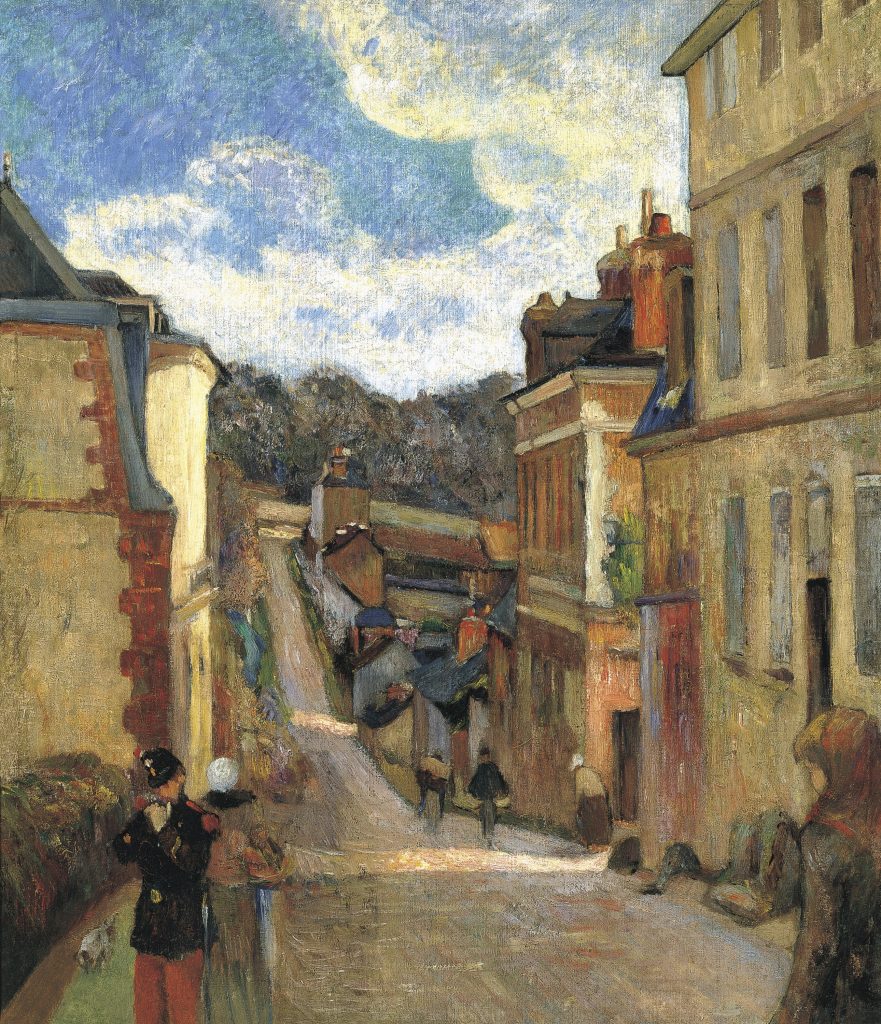Heidegger and Wittgenstein were both profoundly interested in the way language shapes experience. I have tried (somewhat less profoundly) to follow the way of this shape in my own work as a writing instructor and coach. About ten years ago, for example, I admonished the readers of my old blog to take metaphysical responsibility for their craftsmanship: scholars don’t (or shouldn’t) just “hustle and bustle” to “publish or perish”. Their work, literally, “keeps the real in place.” Lately, I’ve been thinking more about this.

Heidegger thought of human existence as a “clearing” of being, an opening in the brute “facticity” of the world that lets in the light of nature (the lumen naturale). Our existence is not merely a “presence at hand” like all the other things in the world. We are not just “extant”; we are here. In fact, our existence produces the “here” into which we are thrown. Without us there would be nothing. Technically, I suppose, the whole universe would still “be there”, just not here. It wouldn’t be anywhere; there would be nowhere for it to be. Existentially speaking, if you will, the universe wouldn’t exist without us. Or it at least it wouldn’t mean anything because we are the site of meaning, the place of forms. Language, as Heidegger put it, is the “house of being”, so without us, without our presence as “discursive creatures”, the universe would be homeless — meaningless, empty.
Wittgenstein offered us another way to think about this situation. To help us understand what a language is, he employed a number of metaphors, the most famous of which, perhaps, is the idea of a “game”: language is a game we play with words. He imagined one such game played by builders who use words to give each other instructions:
The language is meant to serve for communication between a builder A and an assistant B. A is building with building-stones; there are blocks, pillars, slabs and beams. B has to pass the stones, and that in the order in which A needs them. For this purpose they use a language consisting of the words ‘block’, ‘pillar’, ‘slab’, ‘beam’. A calls them out; –B brings the stone which he has learnt to bring at such-and-such a call. — Conceive this as a complete primitive language. (PI§2)

Source: Museo Nacional Thyssen-Bornemisza
To fill in an association here, let us imagine that these builders end up building a town, which grows into a city. This leads us to another of Wittgenstein’s metaphors:
Our language may be seen as an ancient city: a maze of little streets and squares, this surrounded by a multitude of new boroughs with straight regular streets and uniform houses. (PI§18)

But it is, of course, possible to get lost in such a city, especially in the older, less regular parts of town, where the streets, perhaps, don’t even have names. “A philosophical problem,” said Wittgenstein, “has the form: ‘I don’t know my way about'” (PI§123). Philosophy helps us to “command a clear view of the use of our words”. But while he sometimes proposes to accomplish this merely through the “perspicuous presentation” of ordinary expressions, providing a “synopsis of trivialities”, he sometimes uses more, let us say, radical language to describe his process:
Where does our investigation get its importance from, since it seems only to destroy everything interesting, that is, all that is great and important? (As it were all the buildings, leaving behind only bits of stone and rubble.) What we are destroying is nothing but houses of cards and we are clearing up the ground of language on which they stand. (PI§118)
That’s quite an image! I guess it rivals Heidegger’s “destruction of the history of metaphysics” in its sheer catastrophism. But perhaps philosophy leaves behind not just stone and rubble. Perhaps, after clearing the ground of language, we still have those blocks and pillars and slabs and beams that Wittgenstein’s builders can play with. Something to rebuild our world from. Maybe there is some hope in philosophy, after all; maybe by thinking about the foundations of existence and language we are clearing the ground for the place of forms?